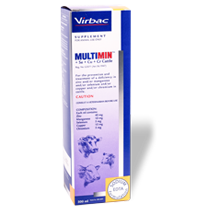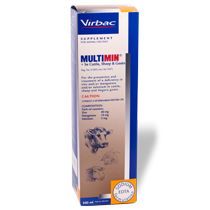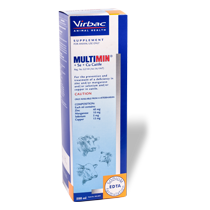
Trace minerals for weaner calves – Zinc (Zn)
Where does a weaner calf get its necessary nutrients? This is something every farmer should understand in order to get the best out of their animals in terms of growth and health.
If we consider the basic principles, ruminants require the following for maintenance and production:
- Carbohydrates
- Fats
- Proteins
- Fibre
- Water
- Vitamins
- Minerals – macrominerals and trace minerals (e.g. calcium (macromineral) and selenium (trace mineral))
In this first short article about trace minerals for weaner calves, we look at the role of Zinc (Zn). Subsequent articles will cover copper (Cu), manganese (Mn), selenium (Se), and chromium (Cr).
Role of zinc
Zinc is an essential ingredient of more than 200 enzyme systems in the body (Vallee and Galdes, 1984) that include energy metabolism, protein formation, and the transportation of vitamins A and E. Only around 30% is absorbed from the intestinal tract, depending on whether the zinc binds to other components (antagonists) in the rumen – this causes the reduction in absorption of zinc. Zinc is also important for immunity because of its role in reducing oxidative stress as an important component of the antioxidant called superoxide dismutase (SOD). Zinc is also essential for healthy hooves and skin - fast dividing cells.
(Source: https://www.tutorialspoint.com/chemistry_part2/chemistry_zinc.htm)
Deficiencies
A zinc deficiency can lead to clinical deficiency symptoms such as hair loss, foot rot, and slow healing of wounds. Suboptimal zinc levels can lead to less obvious – but still very damaging – symptoms, such as reduced feed intake for calves (poor weight gain) and stunted immunity. Immunity is of critical importance during times of stress, such as during and just after weaning. Research has shown that the immune systems of calves that receive trace minerals by way of a single injection before going to the feedlot with other animals handle stress better. (Arthington et al., 2014). The feedlot owner saves money because fewer animals must be treated for diseases, recovers faster after treatment, respond better to vaccinations (Roberts et al., 2016), and the average daily weight gain may improve.
The need for zinc increases dramatically during stress related to weaning, transportation, and feedlot processing. Additional zinc can be administered very effectively by way of a balanced, injectable trace-element supplementation at strategic times, to ensure that weaner calves perform optimally.



